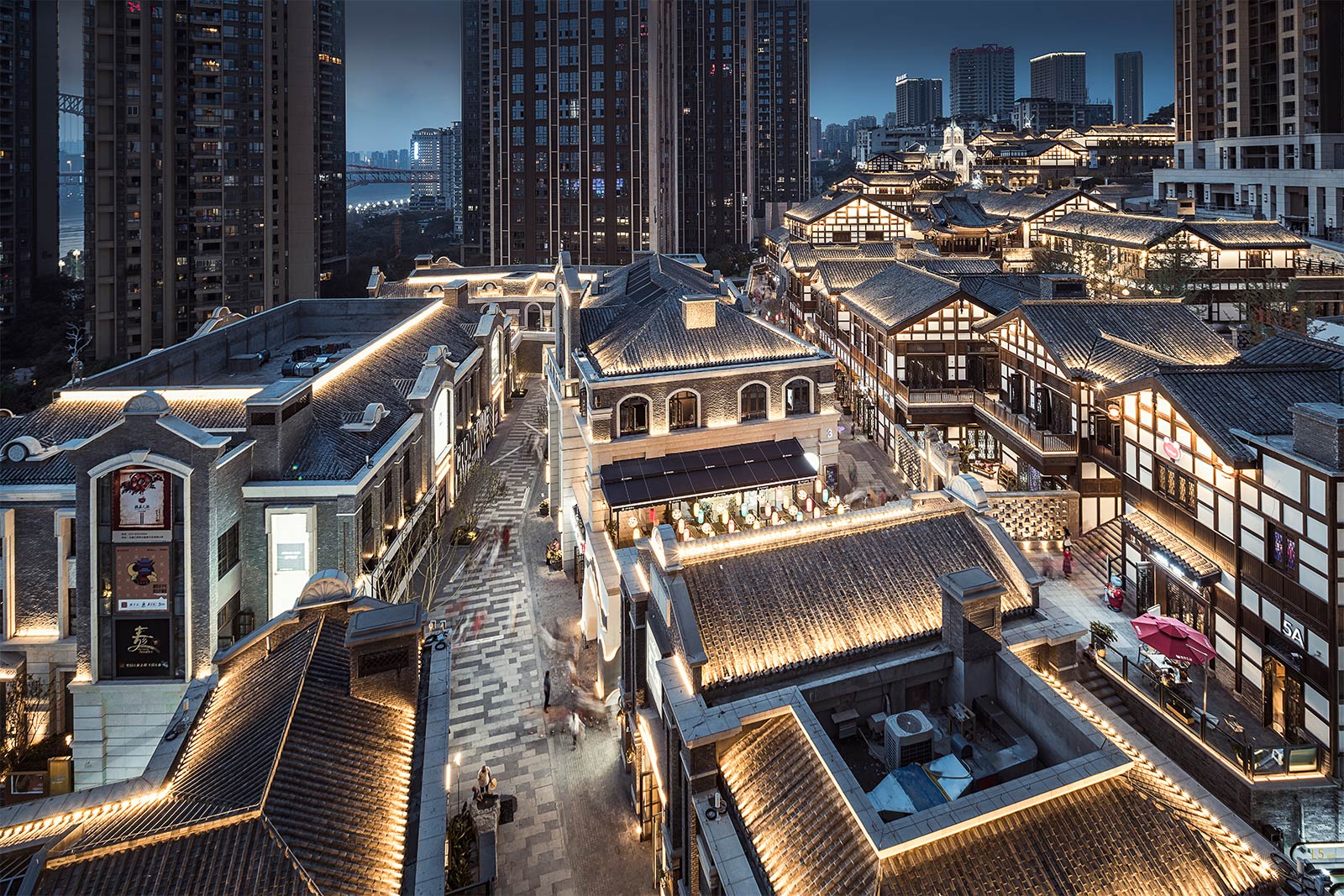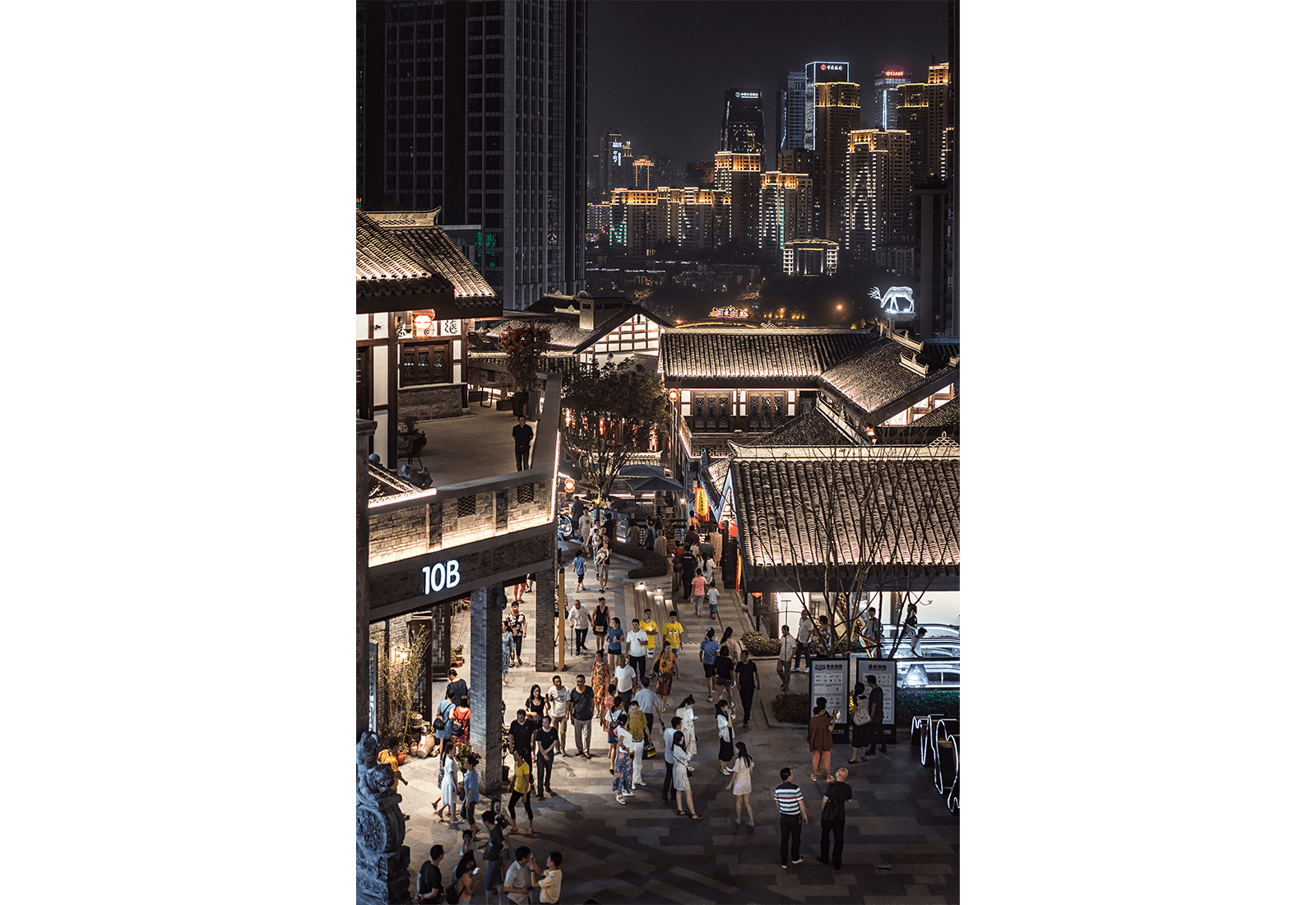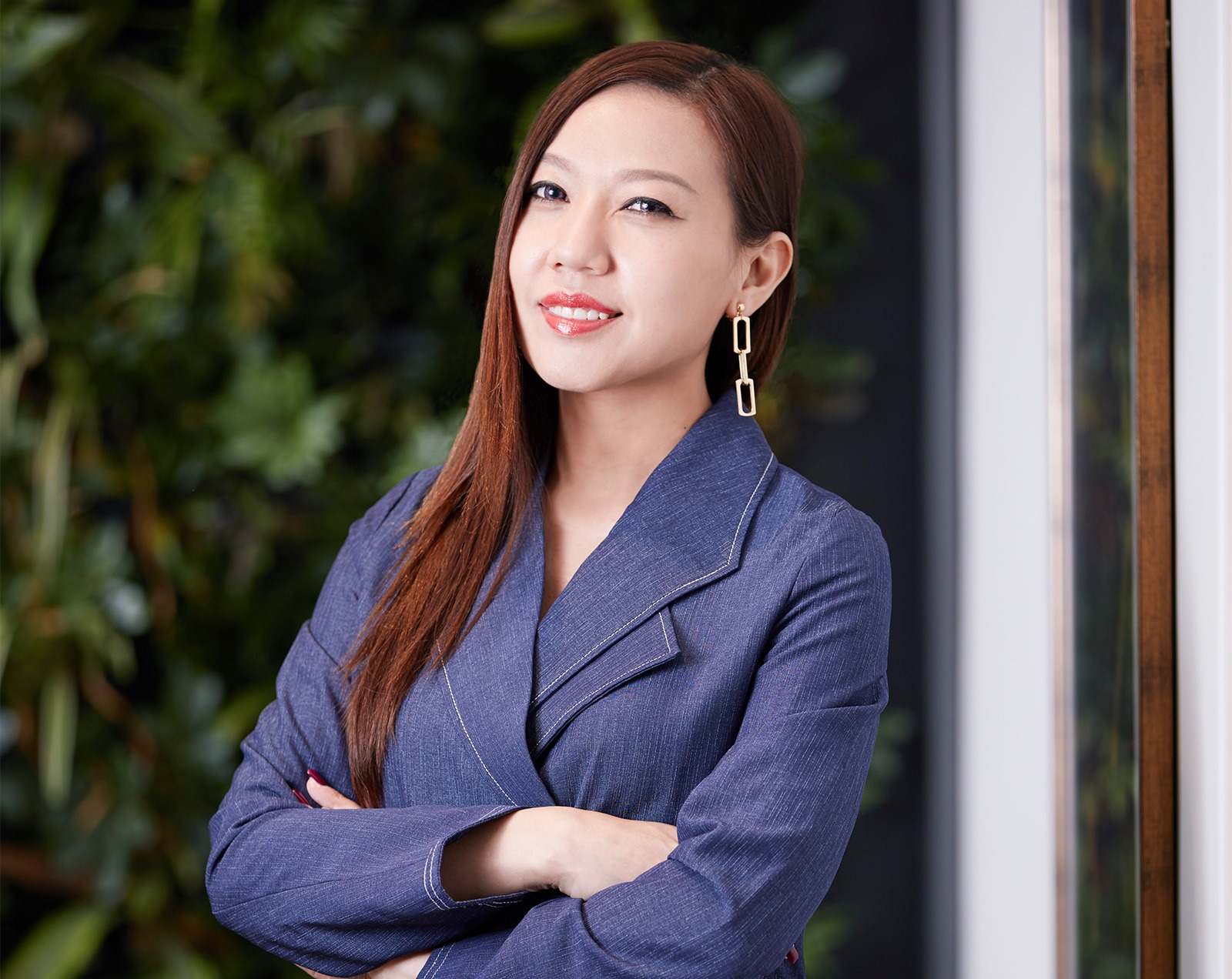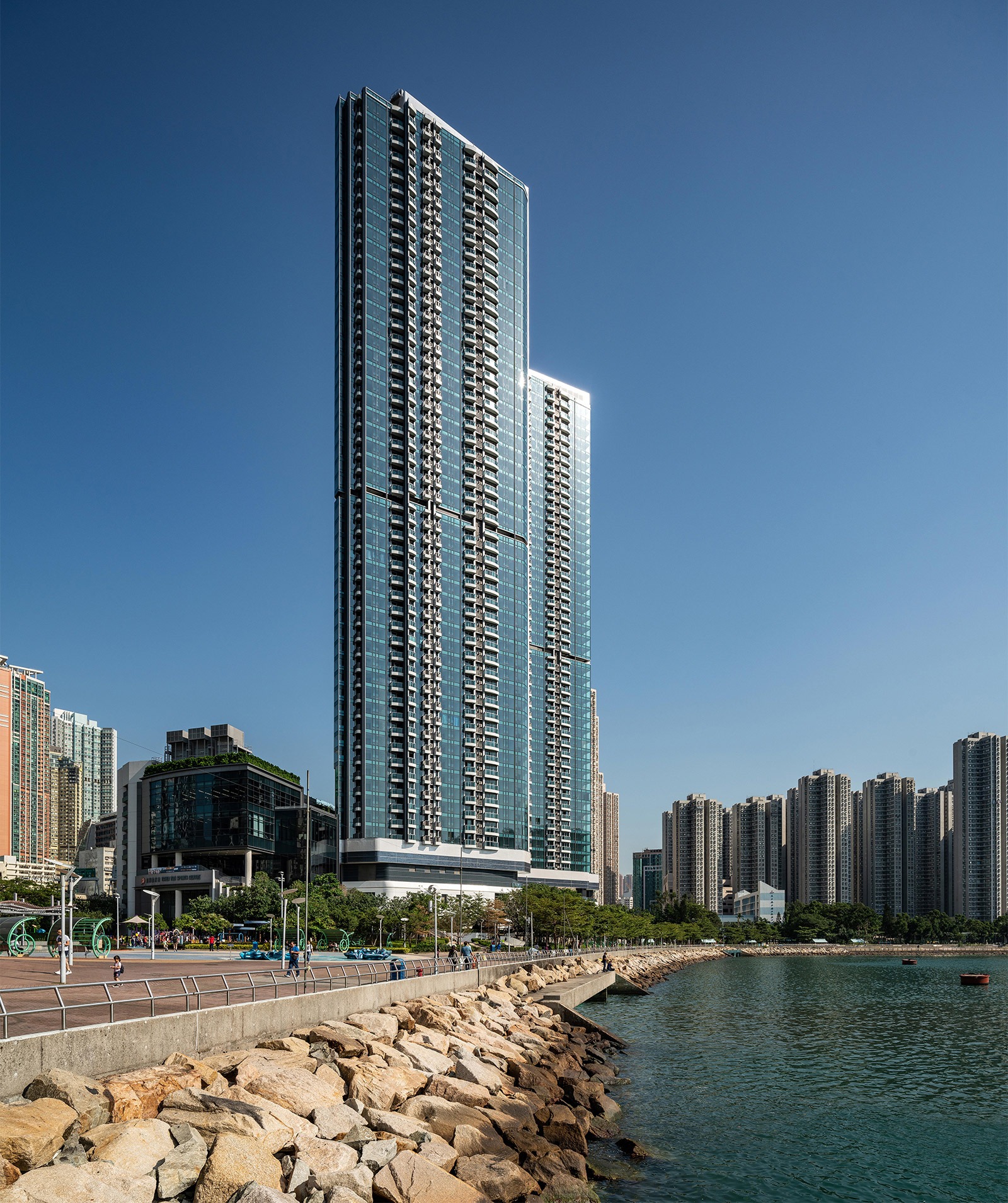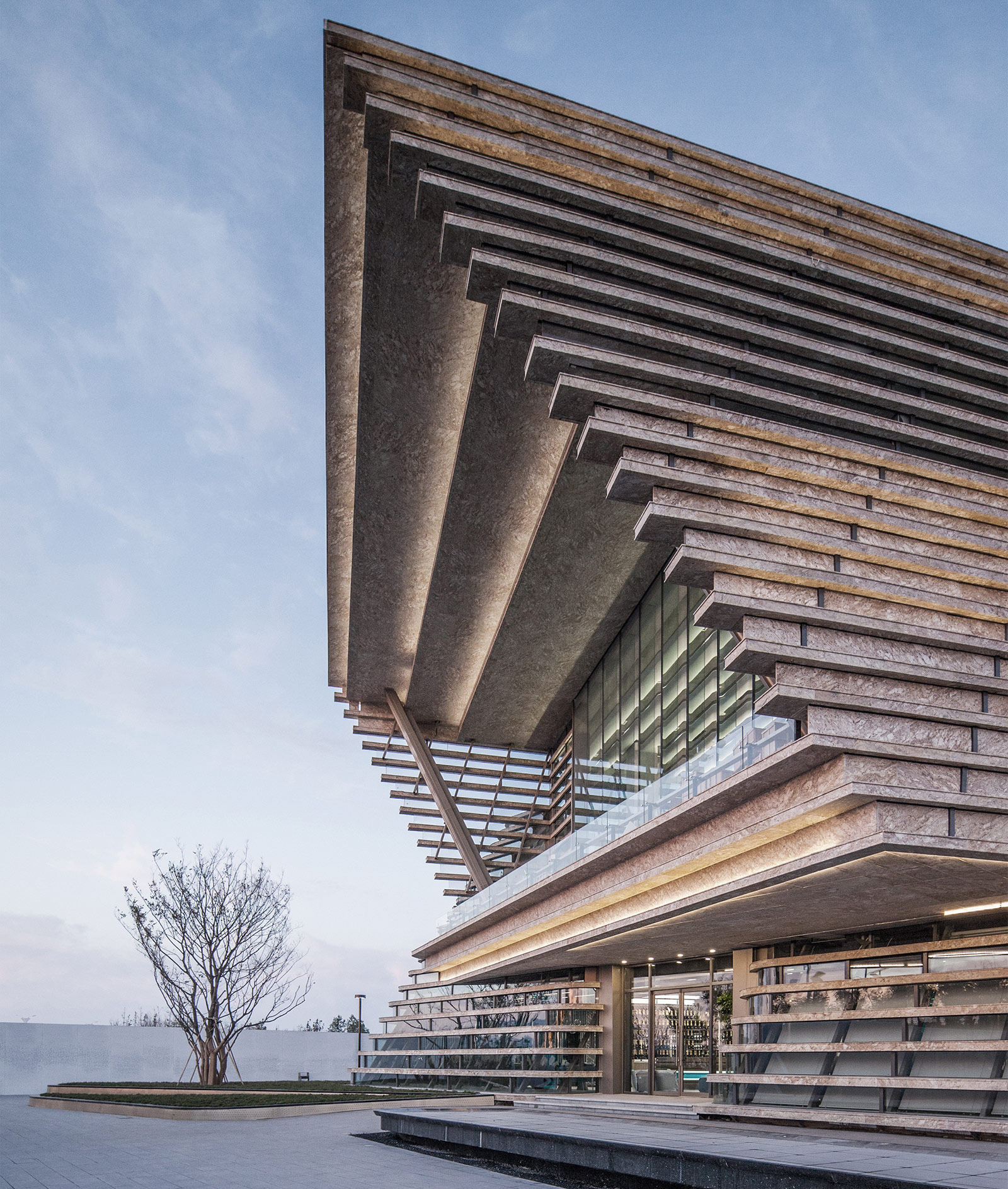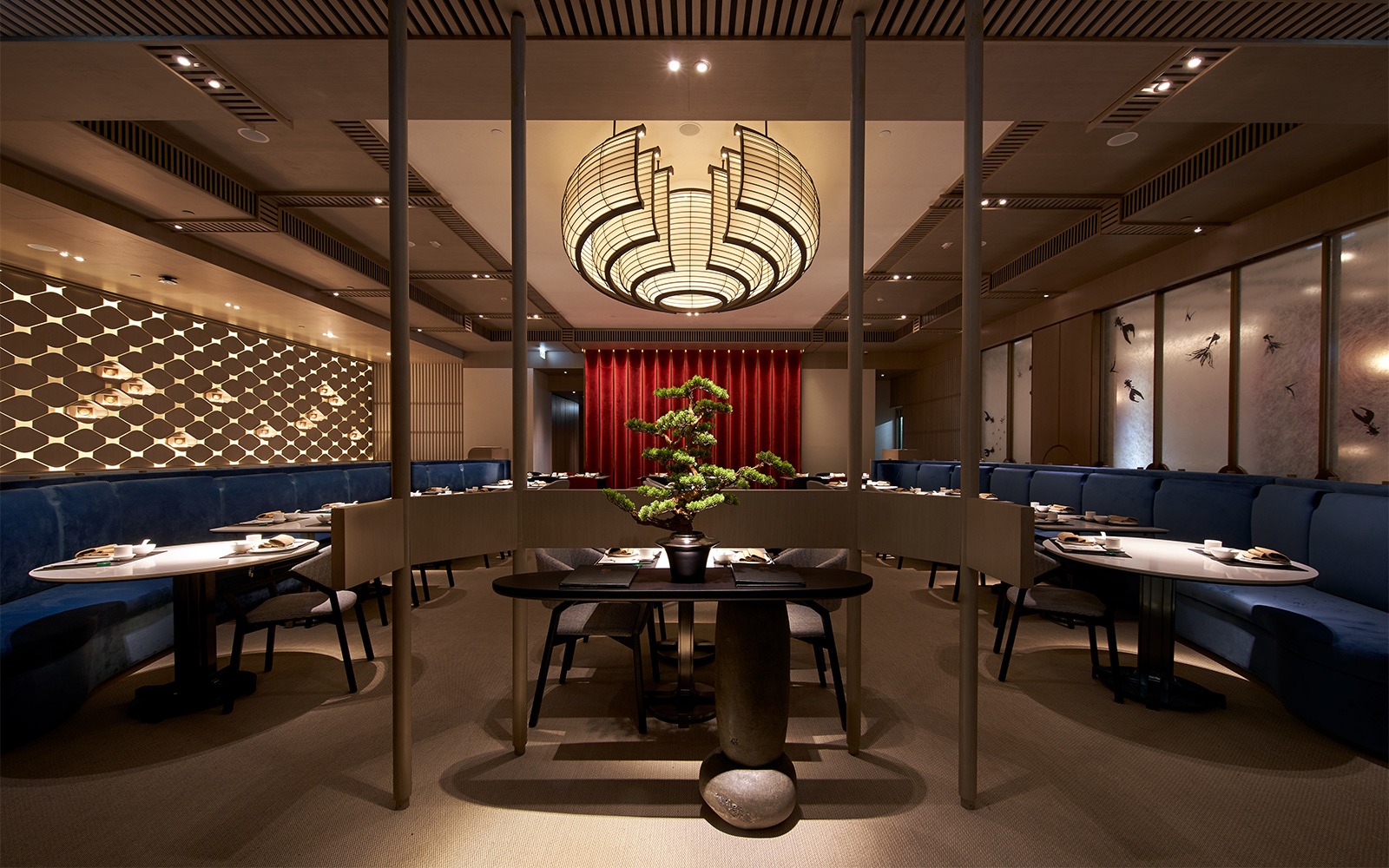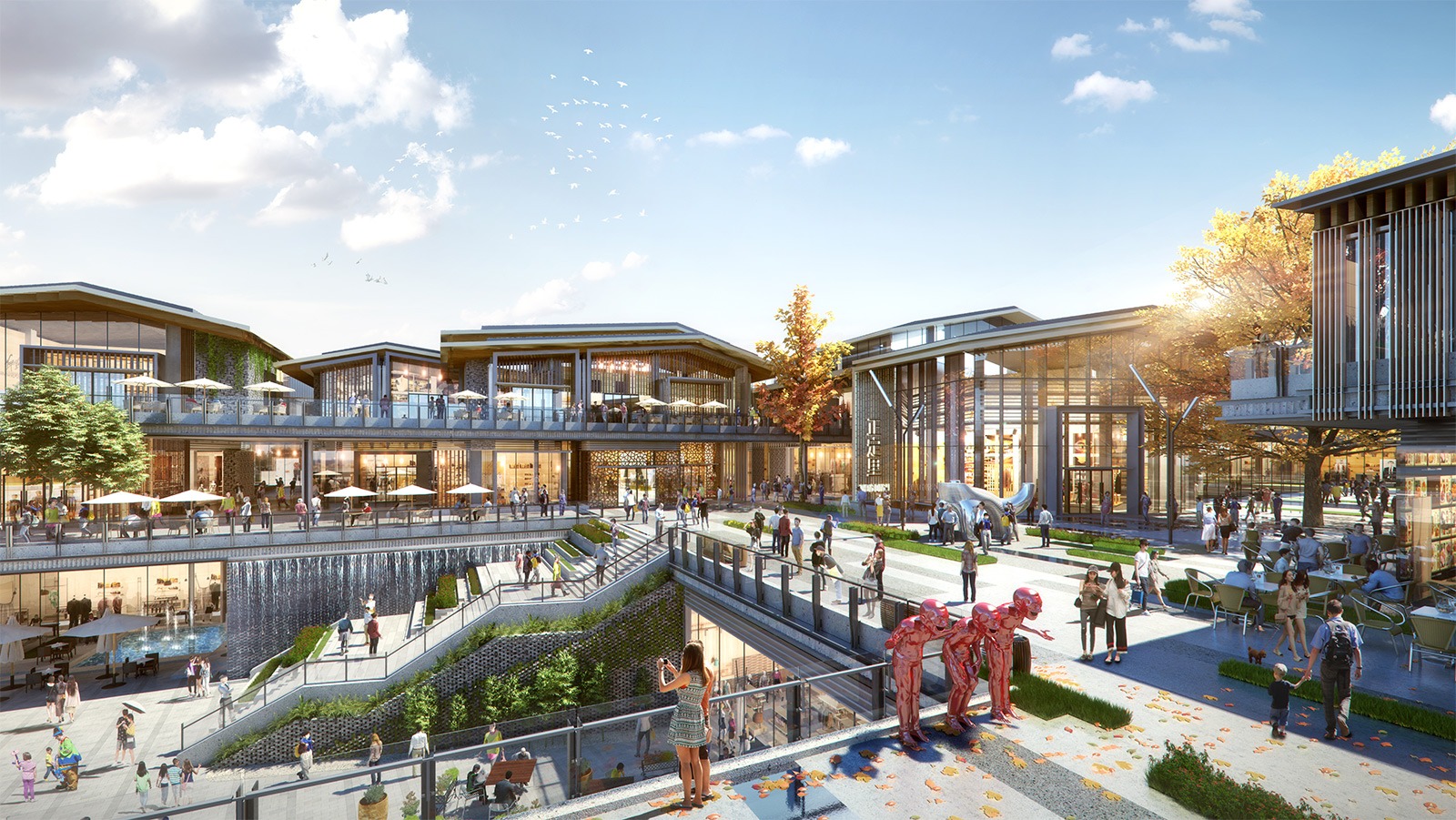
16 December 2019
SENSE OF PLACE
By Luo Jingmei / Singapore Tatler Homes
The human-centric approach of LWK + PARTNERS has resulted in many illustrious projects in Asia and beyond. Its new Singapore office expands this approach into the fast-growing Southeast Asian market.
Over three decades ago, Ronald Liang founded LWK + PARTNERS in Hong Kong. The firm is now over 1,000 strong, with 11 offices across China, Southeast Asia and the Middle East sculpting skylines and shaping urban frameworks. With a particularly strong focus on the residential, commercial, institutional and mixed-used sectors, its wide-ranging services run the gamut of architecture, urban planning, interior design, heritage conservation, landscape design and lighting design, which enables the creation of holistic projects.
In 2018 alone, the firm received more than 50 globally acclaimed awards, a testament to its success in the field; the international practice has received accolades presented by The Global RLI Awards in London as well as the MIPIM Asia Awards, ICSC Asia Pacific Shopping Center Awards, HKIA Annual Awards and Cityscape Global Awards in Hong Kong. “We are a people-centric firm that aims to direct positive impact to society with our designs,” affirms Liang, who continues to steer the company as its managing director. “LWK + PARTNERS represents collaborative expertise, diversity in design capabilities as well as synergy across various disciplines and with different parties—clients, consultants, contractors and other professionals—around the globe.”
NEW FRONTIERS
This ability to call on its widespread talent pool, regardless of location, puts the firm at the forefront of operating in today’s highly connected and complex milieu where an agile, multidisciplinary and resourceful approach is mandatory for responsive and responsible space making. Since August this year, it has extended this expertise to Singapore with a new office; it sees the Republic as the gateway to Southeast Asia.
“The idea is to share our wealth of networks and call on the specific specialists required for a project,” shares Corina Leung, a design director at LWK + PARTNERS who leads the Singapore team. “It’s not uncommon for us to migrate across different offices to ensure smoothness in project execution. This flexibility is very important to us and has enabled our fast-paced expansion and penetration into new markets.”
UNIQUE ENCOUNTERS
Leung has over 16 years of architectural design and project management experience in Sydney, Southeast Asia, Hong Kong and China. Having worked in such diverse cultures, she is adept at adjusting to myriad working methods and demands. “I have worked with some of Asia’s most prestigious developers and am keen for the firm to prove itself in Singapore’s competitive market,” she shares. “My experience in China’s fast-paced market especially allows the firm to provide an alternative perspective, together with our innovations and expertise in aspects such as sustainability.”
Leung is excited about developing projects in Singapore; the city itself is a great inspiration to her. “The government has also been very open to new ideas. Over the years, we have seen many world-class projects that are really inventive, original and artistic,” she enthuses. She particularly admires the way biophilic architecture has reached sophisticated heights in Singapore, especially in the complex residential market, and finds there is much she can learn from it.
HUMANISTIC DESIGN
The firm’s projects are equally progressive while possessing strong genius loci. For instance, a heritage site in the Landmark Riverside Danzishi Old Street in Chongqing, China, rejuvenated as a vibrant retail complex melds old and new, culture and commerce in a manner that pays tribute to the region’s vernacular architecture. The design of the Pavilia Bay luxury high-rise residential development in Hong Kong reflects its waterfront setting with optimised sea views for each unit and the harmonious employment of curved language forms throughout, from the architecture down to the door-handle design. Another recent project is Kei Cuisine, a Cantonese fine-dining restaurant in Hong Kong that knits Japanese and Chinese elements for a refreshing hospitality experience.
These works exhibit the depth and breadth of the firm’s offerings, where it is able to create tactile and integrated user experiences regardless of scale or site condition.
“LWK + PARTNERS was founded in a city of multicultural heritage,” Liang expounds. “It is our second nature to understand different people and communities and embrace their needs. Therefore, it follows that our projects often show unique local qualities that immediately appeal to the original dwellers of the location. But our projects don’t just offer humanity, they attract humanity with user-oriented designs that encourage co-creation with the people who interact with them.”
COMMUNITY AND CHANGE
LWK + PARTNERS is now one of the world’s 40 largest architectural practices, but this human-centric focus ensures it stays in touch with the very people it designs for. In the same way, the firm believes it is part of a larger sphere of influence. This is manifested through involvement in programmes that benefit the needy and local communities, such as the rejuvenation of a factory-quarter building for social welfare purposes in the Light Housing project in Sham Tseng, Hong Kong.
The firm strongly believes in doing its part to improve the living environment for current and future generations. And like all forward-thinking companies, it is a firm supporter of the technologies that can advance the realisation of such environments such as BIM (Building Information Modelling) applications for architectural processes, which it is a pioneering supporter of. Affirms Leung: “With our strengthened technological and data-processing capabilities as well as our exposure to smart-city initiatives, we are standing on well-founded grounds to continue our expansion.”


